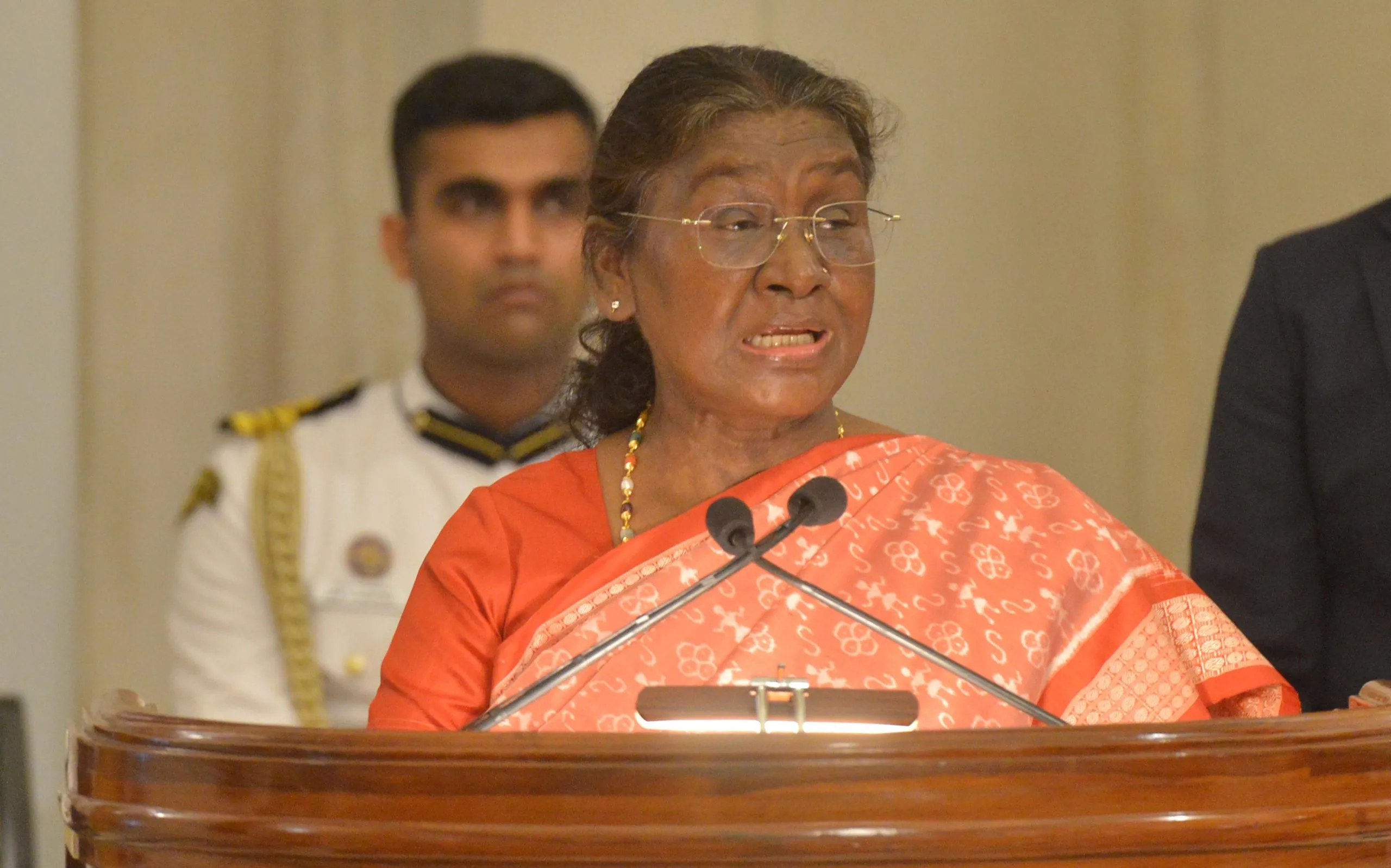Cybersecurity: President Murmu Highlights Major Threats to National Security

Cybersecurity: A National Security Imperative
During a recent address, President Droupadi Murmu highlighted the growing urgency of cybersecurity in safeguarding national security. Cyber attacks are no longer abstract threats; they represent tangible risks that can undermine the stability of our nation. The president called on civil services and the armed forces to work collaboratively to fortify our defenses against these malicious actors.
Collaborative Efforts Required
Engagement between various government bodies is essential. Opportunities for integrated training and shared resources can bolster our national security posture. Without strategic partnerships, the potential impact of cyber vulnerabilities will only amplify, leading to dire consequences.
Response Strategy
- Assessing vulnerabilities: Identifying key areas susceptible to cyber threats.
- Implementing advanced technologies: Leveraging AI-driven tools for threat detection.
- Training personnel: Ensuring that civil services are well-prepared and informed.
- Regular updates: Keeping systems current to combat the evolving threat landscape.
Addressing the Cybersecurity Challenge
As the digital landscape expands, our defenses must evolve. President Murmu's call to action underscores the importance of vigilance and proactive measures in protecting our national interests. The future of national security hinges on our ability to confront these challenges head-on and secure our digital frontiers.
This article was prepared using information from open sources in accordance with the principles of Ethical Policy. The editorial team is not responsible for absolute accuracy, as it relies on data from the sources referenced.